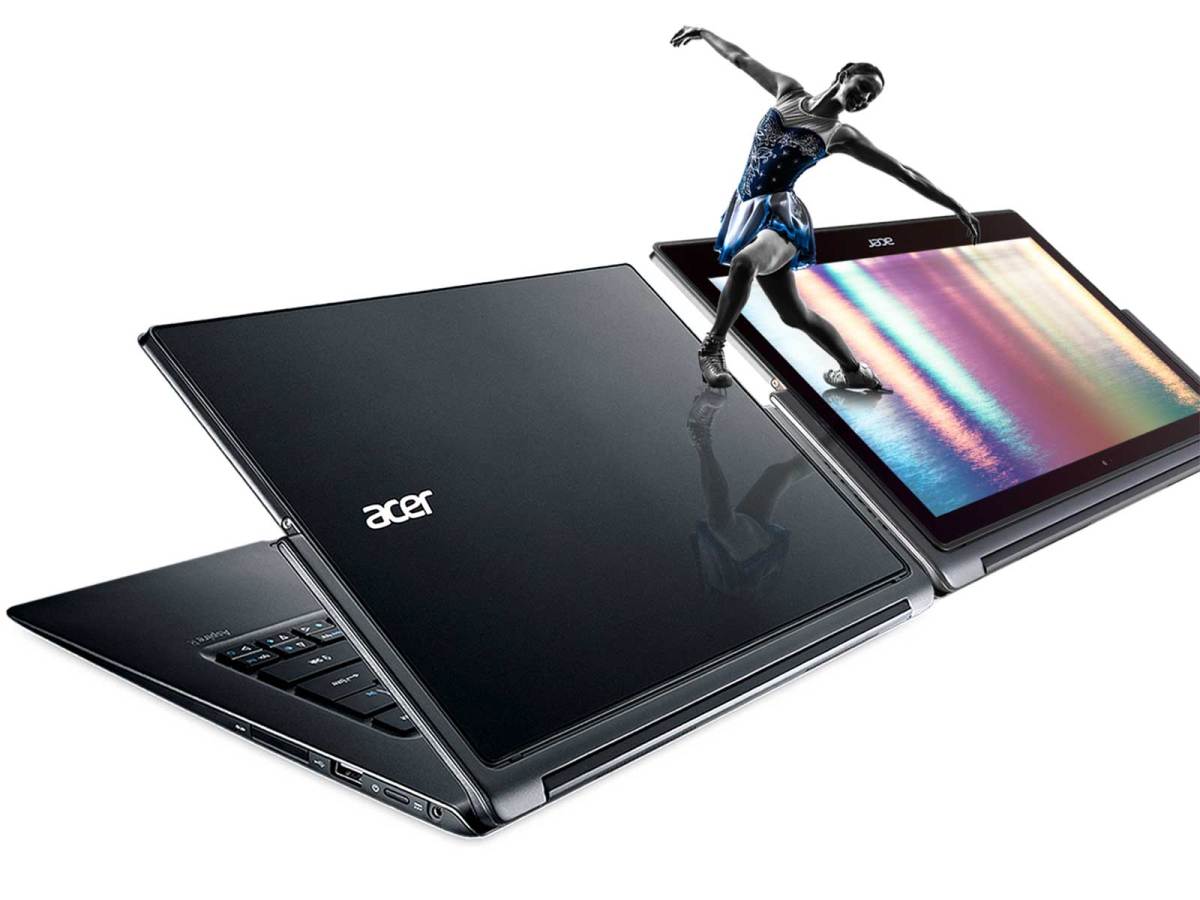Acer is targeting students across all levels of education with a new BYOD Education Project to guide schools and parents towards purchasing appropriate and safe hardware for kids and young adults.
The Project stems from the demise of former prime minister Kevin Rudd’s cherished Digital Education Revolution (DER) policy, which subsidised PCs for students, and has been since been superseded by a culture of students bringing their own devices into school and university IT environments.
In addition to BYOD, which stands for ‘Bring Your Own Device’, there is also BYODD, which refers to ‘Bring Your Own Designated Device’; essentially, this means students are given a list of approved devices for them to choose from. Products available on the Acer BYOD store include notebooks, Ultrabooks, Chromebooks, tablets and accessories.
“The BYOD Education Project is the result of eight months of intensive research and interviews with key education stakeholders, including schools and government authorities by Acer, which was responsible for deploying almost one-third of the nearly one million DER laptops.” the company said.
As previously reported, the end of the DER has led to Acer struggling to maintain volume at its Australian assembly line, which, incidentally, is still very much in operation.
“The Acer BYOD Education Project is a considerable investment in helping principals transition from the current problems of ‘Bring Your Own Disaster’, where there is little control over what devices are being brought into school IT environments, to ‘Bring Your Own Designated Device’.
“BYODD is a structured approach under which schools can set brand, operating system and security specifications.”
Acer Computer Australia MD Darren Simmons said Acer had worked tirelessly to curate a list of PCs that are ideal for students across different learning environments.
“Acer’s unique approach to the education sector recognises that schools, universities and TAFEs have very different objectives to businesses and government,” he said. “We, and our skilled Authorised Education Partners, understand that technology has to be intelligently implemented to improve the education outcomes of students: that’s the primary goal.”
“The product range has been designed specifically to meet the needs and budgets of the education market, because we understand when it comes to BYOD, one solution does not fit all.
“That’s why we are offering strategic guidance and advice from Acer and our Education Partners as part of the package, whether that be high level network advice for a school IT administrator or simply explaining the features and functions a parent should look for in a device for their child.”
Acer has commissioned a white paper on the BYOD phenomenon in the education sector, which is built around six major considerations with a delicious alliterative connection:
1. Planning & Preparation
2. Parent Participation
3. Professional Development & Pedagogy
4. Policies & Best Practice
5. Partnerships with Technology Providers
6. Prescribed Parameters
Acer also has a dedicated microsite for educators, parents and students looking to find out more about the program.

